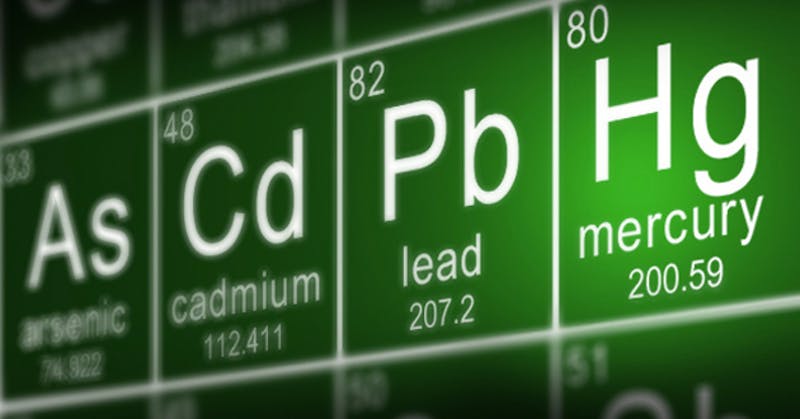ISO 6638 Selenium and Chromium Measurement in Dietary Products
The ISO 6638 standard is a globally recognized protocol for the measurement of selenium (Se) and chromium (Cr) in dietary products. This service plays a crucial role in ensuring the safety, quality, and compliance of food and feed items with international standards.
Heavy metals, including selenium and chromium, are essential micronutrients when present in appropriate quantities but can be toxic at elevated levels. Selenium is known for its antioxidant properties and its role in thyroid hormone metabolism, while chromium aids in the regulation of blood sugar levels by improving insulin sensitivity. However, excessive intake of these elements can lead to various health issues such as neurological damage and cardiovascular diseases.
Compliance with ISO 6638 is essential for food manufacturers and suppliers who aim to protect consumer health and ensure regulatory adherence. The standard outlines the methods for accurate determination of selenium and chromium in dietary products, including cereals, grains, fruits, vegetables, and animal-based products.
The testing process involves several critical steps: sample preparation, digestion, analytical measurement, and final reporting. Sample preparation includes homogenization to ensure uniformity across the sample matrix. Digestion typically uses strong acids like nitric acid or perchloric acid to release all forms of selenium and chromium for quantification.
Analytical techniques commonly employed include inductively coupled plasma mass spectrometry (ICP-MS) and atomic absorption spectroscopy (AAS). These methods provide precise and accurate results, ensuring that the concentrations of selenium and chromium are within acceptable limits as defined by regulatory bodies like the European Union or FDA.
The acceptance criteria for this service include compliance with international standards such as ISO 6638. The laboratory adheres to these stringent requirements, offering reliable testing services that support clients in meeting their quality control, safety, and compliance goals.
Why It Matters
The measurement of selenium and chromium in dietary products is critical for several reasons. First, it ensures the safe consumption of food and feed by identifying potential risks associated with heavy metal contamination. Second, compliance with international standards enhances consumer trust and brand reputation. Lastly, this service supports regulatory requirements, ensuring that manufacturers meet legal obligations.
Heavy metals can enter the food chain through various pathways, including agricultural practices, industrial pollution, and natural occurrences. By detecting these elements in dietary products, laboratories like ours contribute to a safer global food supply chain. This is particularly important for countries with diverse geographical features or high levels of industrial activity.
The results from ISO 6638 testing are used by various stakeholders within the food industry. Quality managers use them to ensure product consistency and safety. Compliance officers rely on these data points to meet regulatory requirements. R&D engineers utilize this information to develop new products that comply with international standards. Procurement teams leverage test results to source raw materials from suppliers who adhere to stringent quality controls.
Benefits
- Enhanced Consumer Trust: Compliance with international standards builds confidence among consumers regarding the safety of dietary products.
- Regulatory Adherence: Ensures that food and feed manufacturers meet legal obligations, avoiding potential fines or sanctions.
- Informed Decision-Making: Accurate testing provides valuable insights for product development and sourcing strategies.
- Risk Management: Identifies potential risks early in the supply chain, allowing for proactive mitigation measures.
Use Cases and Application Examples
| Product Type | Potential Contaminants | Testing Method | Compliance Standards |
|---|---|---|---|
| Cereals | Selenium, Chromium, Lead, Cadmium | ICP-MS/AAS | ISO 6638, EN 12593 |
| Fruits and Vegetables | Selenium, Chromium, Arsenic, Mercury | ICP-MS/AAS | ISO 6638, ASTM E1407 |
| Animal-Based Products | Selenium, Chromium, Nickel, Zinc | ICP-MS/AAS | ISO 6638, IEC 62321 |





